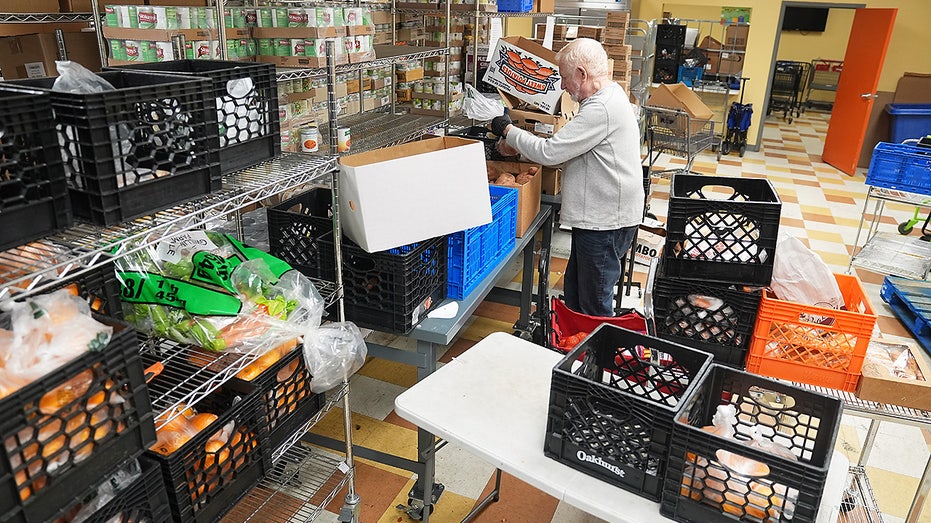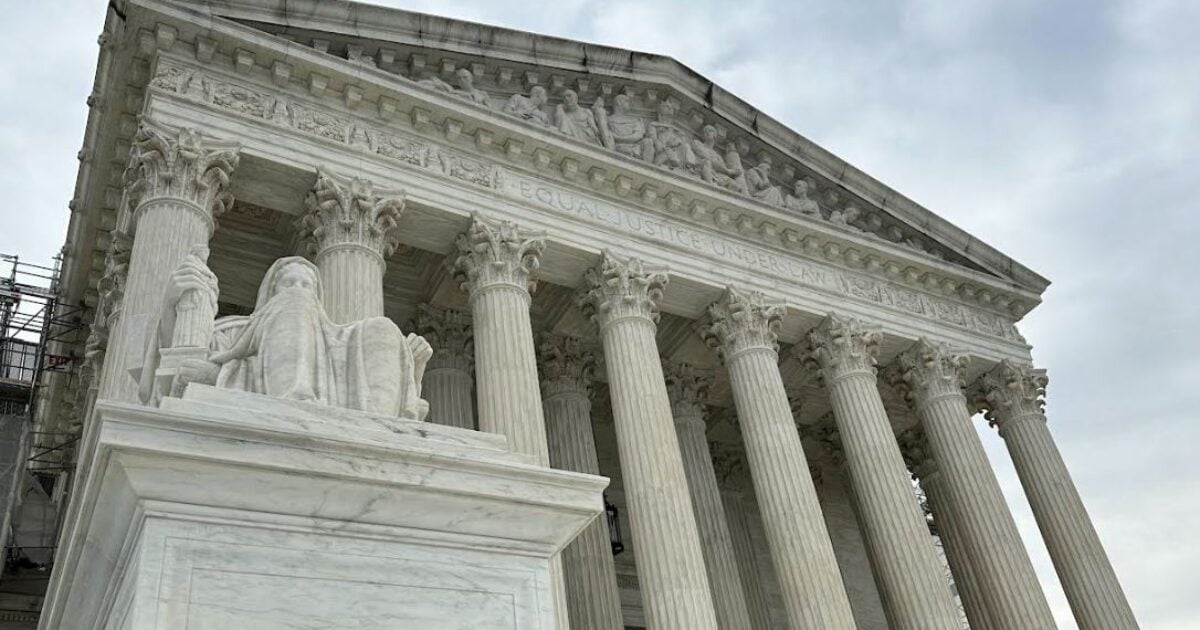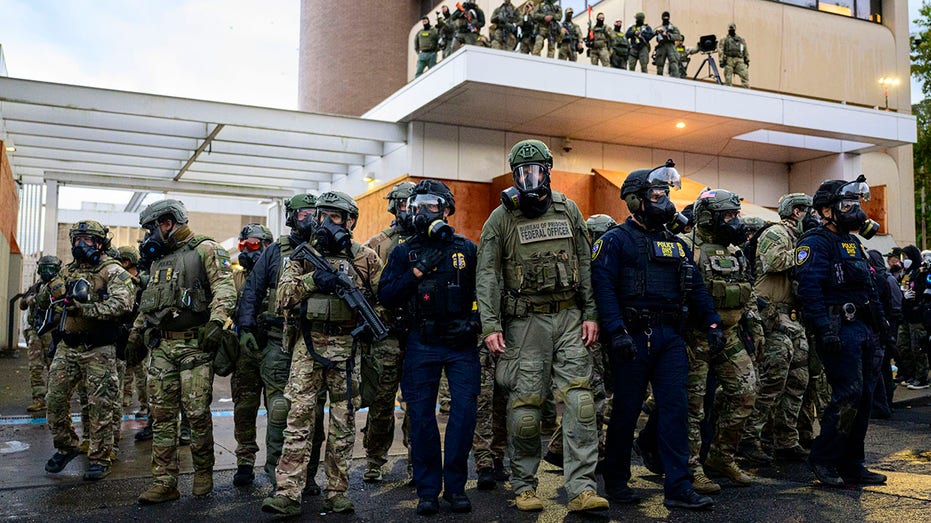A dramatic legal battle unfolded late Friday as the U.S. Supreme Court temporarily intervened, halting a lower court order that demanded full funding for the Supplemental Nutrition Assistance Program (SNAP) during the ongoing government shutdown. The decision arrived swiftly after a federal appeals court rejected an initial request from the Trump administration to pause the ruling.
The core of the dispute centered on the administration’s attempt to provide only partial SNAP benefits to approximately 42 million low-income Americans for November. U.S. District Judge Jack McConnell had forcefully rejected this approach, giving the government a mere 24 hours to fully comply with the funding obligation.
“People have gone without for too long,” Judge McConnell stated emphatically during the court proceedings, highlighting the urgent need for assistance. The administration argued the full funding required an immediate transfer of an estimated $4 billion, creating a significant financial strain.
Following the appeals court’s denial, the administration urgently appealed to the Supreme Court, seeking an administrative stay to prevent the immediate transfer of funds. The request emphasized the “imminent, irreparable harms” that would result from full funding during the shutdown.
New York Attorney General Letitia James condemned the Supreme Court’s decision as a “tragedy,” criticizing the administration’s choice to contest the order rather than prioritize the needs of vulnerable citizens. She argued it was a dereliction of duty to fight for a delay in essential food assistance.
The Department of Agriculture, while pursuing the Supreme Court appeal, simultaneously communicated its efforts to comply with Judge McConnell’s order. A letter to regional SNAP directors detailed steps to release November benefits, acknowledging the court mandate.
Judge McConnell had previously rebuked the administration for failing to address a known funding distribution issue that threatened to delay SNAP payments for weeks, even months, in certain states. He ordered the USDA to utilize contingency funds to prevent such disruptions.
The judge’s initial order marked the first time in the 60-year history of the SNAP program that payments were halted due to funding lapses. The administration’s initial offer to cover only 65% of the $9 billion owed prompted the judge to strengthen his order and shorten the compliance deadline.
“That’s what irreparable harm here means,” Judge McConnell asserted, underscoring the immediate and severe consequences of denying food assistance to millions of Americans. The situation highlighted the real-time impact of the government shutdown on those most in need.
As the legal maneuvering unfolded, Judge McConnell expressed concern that SNAP recipients were already experiencing hunger, emphasizing the human cost of the political impasse. The case underscored the critical role SNAP plays in ensuring food security for a substantial portion of the U.S. population.






